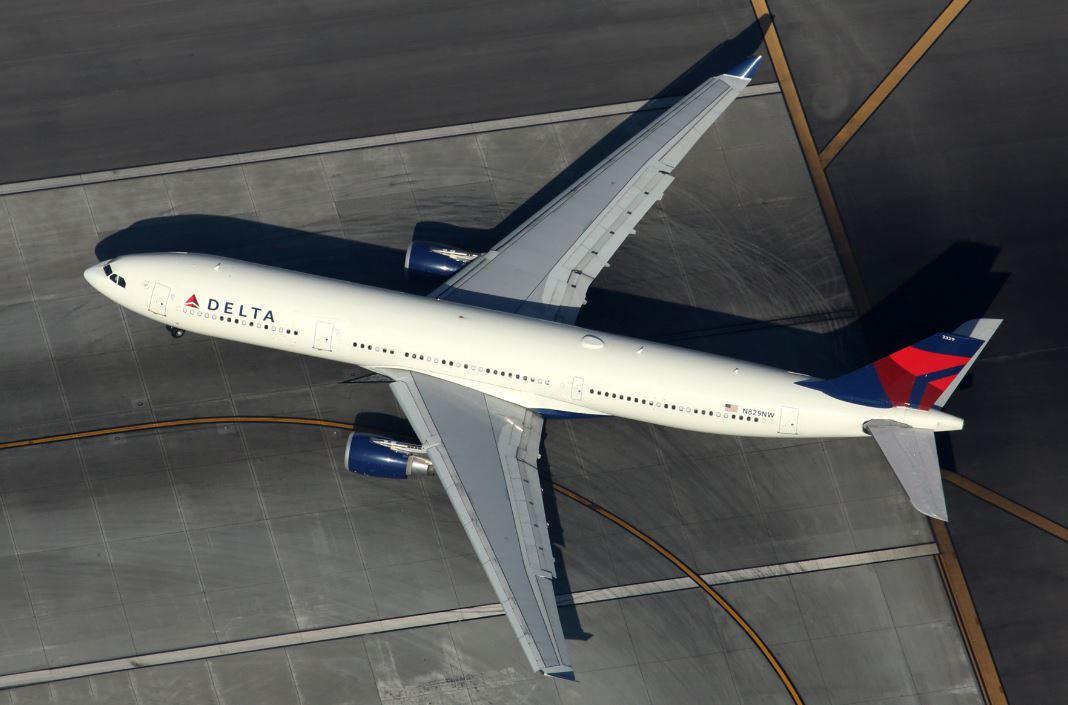
Delta Air Lines continues to see robust international demand even as the U.S. industry has entered the traditional seasonal shoulder season, and the Atlanta-based carrier believes long-haul international travel will remain strong in 2024.
“Our international demand remains robust, led by the transatlantic,” Delta President Glen Hauenstein said during the Morgan Stanley Laguna conference on Sept. 14. He said while transatlantic travel usually starts to “trail down this time of year. We kept our peak schedules in a little bit longer,” to the end of October, adding, “we’re experiencing really incredible results.”
Early returns for bookings and yields for the winter time period also look very encouraging, he said.
“From what we can see,” international demand will remain strong through next year,” Hauenstein said. “And from all the indications and surveys of our customers, we think long-haul international will be strong.”
Domestic-centric U.S. airlines cited a shift to international travel during the summer period, but Hauenstein said that he did not think passengers that were traveling to Europe in summer 2023 would have otherwise traveled on budget carriers, noting it was expensive to travel to Europe in the summer months.
Going forward, China is opening up “a bit,” Hauenstein said, noting China to Europe traffic has been restored to about 50% and single digits between the U.S. and China. “But when you look at what is about to be restored, it is in the 25%-30% range,” he said.
Hauenstein said Delta’s transpacific traffic is having a very strong year, “and we continue to add more capacity into the Pacific.”
U.S. ULCCs Frontier Airlines and Spirit Airlines have lowered their third quarter margin guidance, with Frontier swinging to a projection of a negative 4%-7% pre-tax margin from previous guidance of a positive 4%-7% range. Spirit is forecasting a negative 14.5%-15.5% operating margin, up from a prior forecast of negative 5.5%-7.5%.
Speaking during the same conference on Sept. 13, Frontier CEO Barry Biffle said that industry sales have shifted from being up to flat compared with 2019 and are now down. The shift is occurring at a time when both capacity and fuel are rising.
Hauenstein said the company was surprised to see some of the comments made by airlines that have recently updated their financial guidance. He added that budget airlines tend to be some of the fastest growing carriers, “so maybe they’re a little bit over their skis in terms of allowing the demand sets to catch up.”
Delta sees “really strong, particularly business and high-yield, demand throughout the fall,” Hauenstein said.
